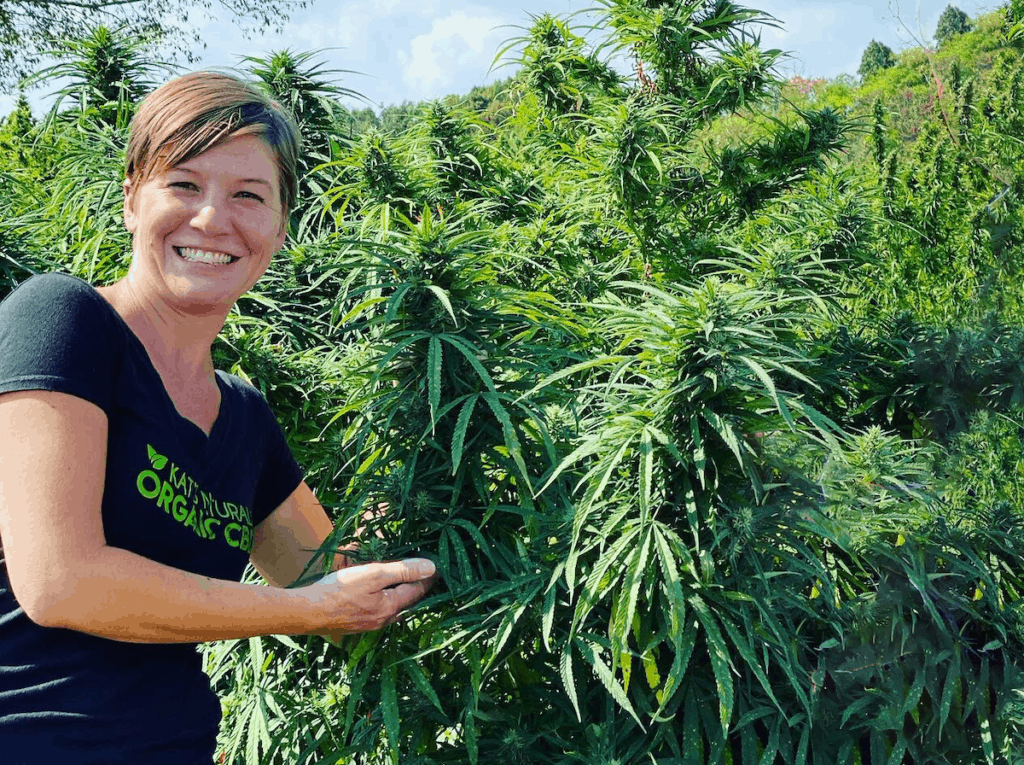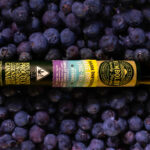Several months back we spoke to successful cannabis executives about how they handled traveling for work. Traveling to events is only half the battle. Once you arrive at your destination, the hard work really begins. In a tight-knit industry that still relies on word of mouth over digital marketing (most of the major online outlets still ban cannabis advertising), trade shows present major challenges when trying to professionally network without ghosting old friends. We spoke with Kat Merryfield, chief executive officer for Kat’s Naturals, and Paul Botto, president at Lucid Green to find out how they handle the difficulties related to cannabis trade shows.
Work/life balance
While reminiscing with friends is always fun, cannabis trade shows exist to get serious work done and form new partnerships. In order to both enjoy a trade show and accomplish your stated business goals, a balance must be struck.

“I make sure I have a tentative schedule for meetings set up in advance and allow some open time for spur-of-the-moment meetups,” Merryfield told mg. “I like to keep social meet-ups to a night-time dinner or cocktail party setting as they will be more beneficial that way and let my professional meetings rule the day. You may meet up with great contacts in a social atmosphere as well, so it’s great to plan on enjoying those in a more intimate way at a party or gathering.”
While being social is key, Botto knows this can be very time-consuming. “I love connecting with friendly folks and there is probably more in this industry and at shows like this than any other,” he said. “And therein lies the problem—you are at the show to accomplish specific goals so you need to remain focused. The key is to make a list of the companies, contacts, partners, talks…etc that will make the show a success for you and for your company. Plan out how you’ll connect, schedule meetings ahead of time, look at the floor map, and see how you can make it happen. Along the way, you have great conversations but having those goals in mind and just the presence of the plan can help you keep those brief.”
Assemble your team
Having reliable team members is like leading your own group of superheroes. Without them, you are likely to micromanage your way out of business.

“We could never accomplish what we want and need to at bigger shows like MJBizCon or Hall of Flowers without a show team,” Botto said. “Our brand, distributor, or retailer discussions can take some time, so it is imperative to have a multi-pronged approach so you are teeing up the next conversation, gathering contact information for other interested parties for followup after the show, and in some cases, fielding press or podcast commitments all while you might be in the middle of a brand pitch. If our goal is to leave with fifty quality leads or more, there is no way a solo operator can accomplish that while giving interested parties the time they deserve in person. If you have a booth as well, a whole different level of personnel is required to do it right.”
The line between professional and personal relationships has no choice but to blur on the road, and this can be a great thing. Trade shows represent a chance to lean on your team and to support them in return.
“Having your support team is great to help keep you centered and focused as well,” said Merryfield. “After a long show day, it is nice to convene and decompress and download. If you expect to cover a large amount of space or have different departments that may benefit from a trade show, it is great to bring a team to cover more ground. We try to set up a tag team system, where if one team member is feeling overwhelmed or overloaded, you can take their place or visa versa.”
Not all trade shows are created equal
With so many events already operating, and new ones announced regularly, the industry may be getting a bit burned out by trade shows. The high costs associated with travel, lodging, and fees to exhibit, may leave some wondering if attending cannabis trade shows are still worth the effort.
“I would suggest selecting trade shows to attend wisely,” Merryfield said. “There are so many that are offered, so finding out if they are a good fit, or whether you should be there simply to network or to showcase will help you get the most out the spend.”
Botto also utilizes a similar approach when determining the level of presence his company will have at an event.
“Certain shows are good for us to have a larger presence like a booth or speaking [opportunities],” Botto said. “With other events, we feel we get the best bang for the buck by going rogue on the floor for a few hours a day and scheduling meetings for the remainder. With shows that are heavily buyer and seller focused, having a small team manning a booth and having another small team finding the critical brands, distributors, and retailers at their booths has worked very well.”












